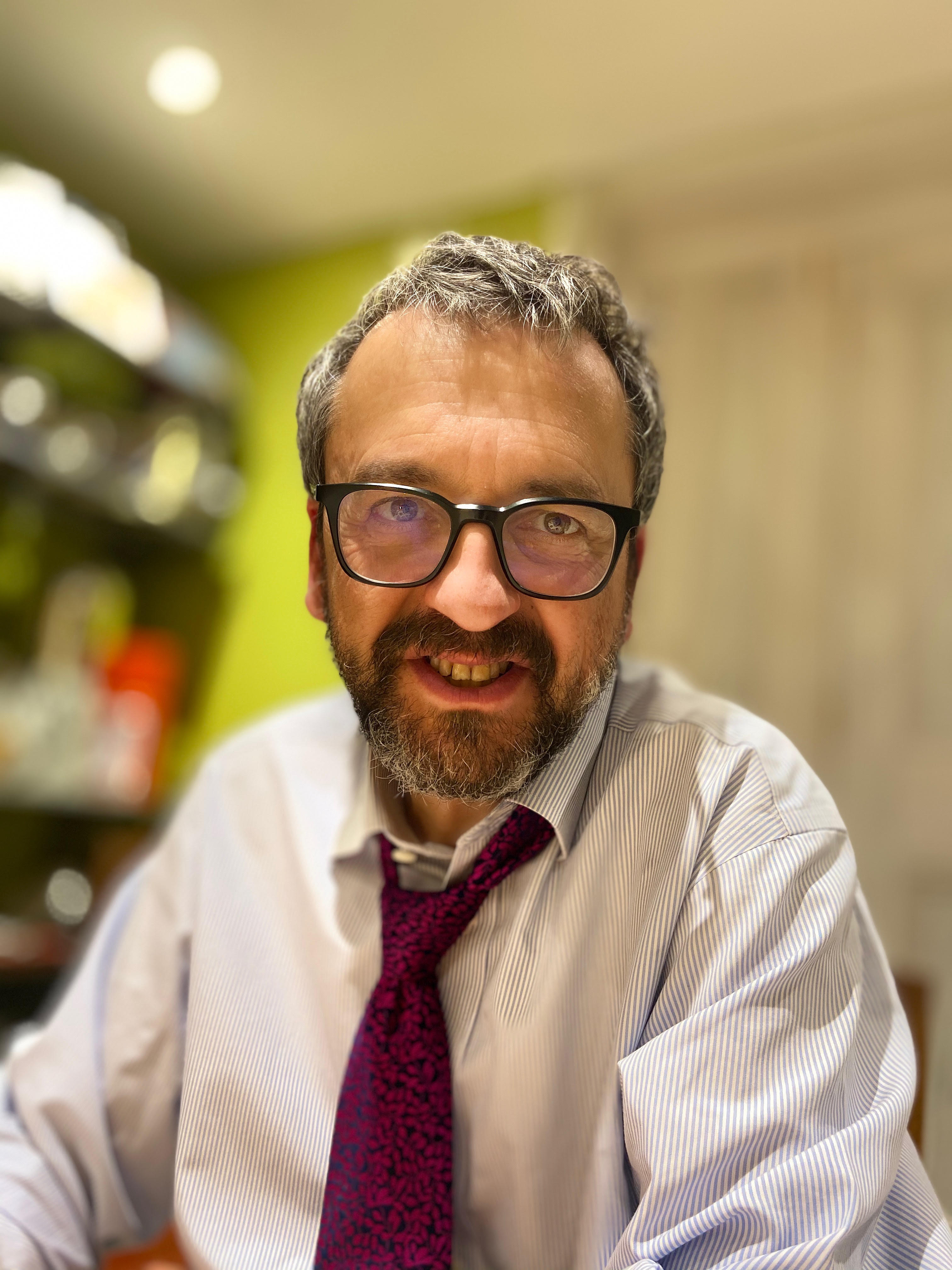Outstanding Teaching in Mathematics
We are bombarded with information, opinion, and research evidence from colleagues, senior leaders, academics, policy makers, bloggers, and YouTube and TED presenters. How can we respond in the face of so many voices vying for our attention, how can we assess the value of what we are told, and how can we reconcile what we read and hear with our own experience?
The task of assimilating these often contradictory influences can seem too great; our commitment to our vocation, on the other hand, prevents us from simply retreating to reliance on our own personal insights.
In this one-day workshop, we will take a step back from the noise to collectively address the questions “what is it we are trying to achieve in our classrooms?” and “how can we reach these goals?”
We will anchor our investigation firmly in day-to-day practice by taking one topic from the secondary mathematics curriculum and working together to design the entire cycle of teaching the topic from planning through selection and creation of resources, pedagogy, feedback, technology, and all aspects of delivery through to assessment.
Along the way, we will interrogate some of the voices claiming to advise us, engage, as it were, in a dialogue with them, and reach some conclusions about how we as individuals want to make progress in our professional practice.
We will examine themes from the current educational discourse such as metacognition, independence, resilience, discovery, direct instruction, questioning, feedback, spaced review, and assessment, and spend our time investigating their relevance to the teaching of our chosen topic.
Who is this inset for?
The day is designed for practising secondary mathematics teachers and department heads.
Outline of the day
Morning: presentation and discussion
- What are we trying to achieve?
- How important is it to develop and nurture our pupils’ independence and curiosity?
- How important is it to nurture their resilience and persistence?
- How important is it to develop creative problem solvers?
- How important is it to train our pupils for exams?
- How do we reach our educational goals?
- What does the research say?
- What are the implications of the research for our own practice?
- How much attention should we pay to the research?
- What is the ideal balance between direct instruction and discovery learning?
- What is the value of collaboration?
- What questions should we ask of our pupils?
- How should we respond to pupil questions?
- How can we increase the value of marking and feedback?
- How can we increase the value of testing and spaced review?
- How can we harness the benefits of metacognition?
- How do we measure the success of our efforts if not by exam results?
Afternoon: topic-based activities
- What does this all mean for day-to-day teaching of a single topic?
- What resources will we need?
- How does the design of resources impact understanding?
- How should we plan the lessons?
- What are the implications of the morning’s discussions for the execution of the lesson plans?
- How can we harnesss technology to deepen understanding?
- How can a variety of activities enhance understanding?
- How can we use homework most effectively?
- How should we assess understanding?
Presenter Profile

Brian Brooks is a passionate educator who happens to teach mathematics, but who would be perfectly happy teaching more or less anything. In fact, he hardly thinks of himself as a mathematics teacher at all. Rather, he teaches independent, creative thinking and problem-solving skills through the medium of mathematics. Fortunately, but not surprisingly, the results for his students over his 16 teaching years so far have demonstrated that teaching for life rather than for exams still leads to exam success. He is no less passionate about sharing ideas and experience with colleagues at any stage in their careers in a dialogue that enriches the practice of all involved. His website, mathsinsight.co.uk, is still under construction, but you can already get a flavour there of how he thinks about teaching in general and mathematics teaching in particular.
Cost: £250 per delegate which includes lunch and resources; £299 for 2 teachers from the same school booking on this course
Booking Form
The information below will be used solely to process your booking. You can see further information on our privacy statement here.